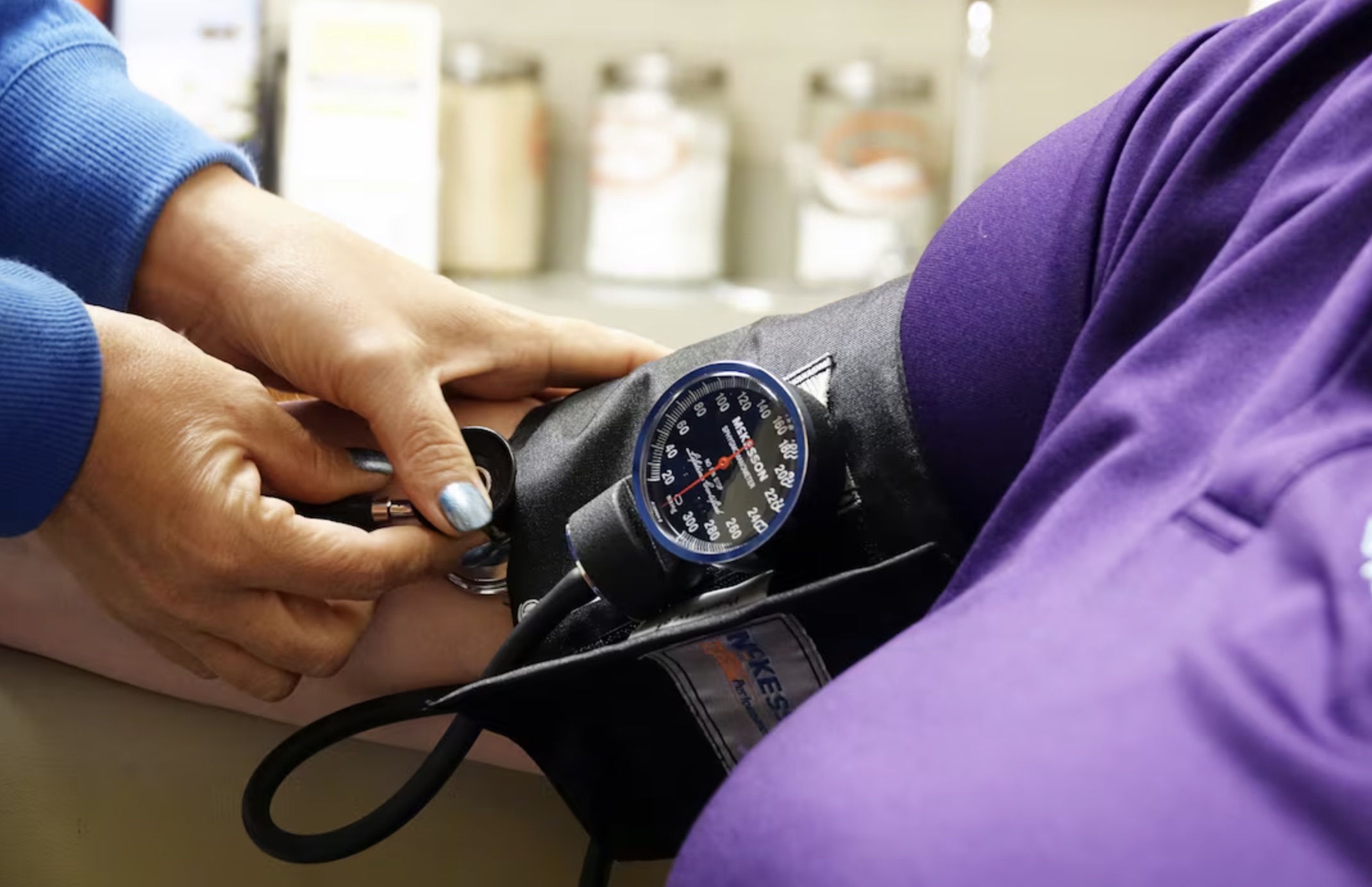Do More to Support Health Workers’ Mental Health
During the COVID-19 crisis, we saw a surge of support and compassion for health workers. But while the pandemic may be over, well-being and mental health challenges for health workers remain.
In a 2023 HealthDay-Harris Poll survey, 63% of doctors and nurses said they were experiencing burnout at work, and research indicates that health workers, including physicians and nurses, are at increased risk of suicide. Such tragic outcomes can be a result of not seeking needed mental health care.
For far too long, institutional practices have subjected health workers to overly invasive questions about their mental healthin licensing, credentialing and insurance applications. Recently, The Physicians Foundation 2023 Survey of America’s Current and Future Physicians found 4 in 10 physicians were afraid to seek mental health care – or knew another physician who was reluctant to do so – due to the questions on these types of applications.
Such questioning tends to be broad or stigmatizing, such as asking about past mental health care and treatment, and has no bearing on a health worker’s ability to practice medicine.
Fortunately, a number of national leaders have taken a stand, suggesting that systematic change is attainable.
The American Medical Association, the Federation of State Medical Boards, the Joint Commission, the National Association Medical Staff Services and the National Committee for Quality Assurance all recommend against these overly invasive mental health questions.
Dr. Carrie Cunningham said it best during her moving presidential address at the most recent Academic Surgical Congress. “We have the opportunity to change our culture,” Cunningham said. “Stigma and both overt and unconscious bias of people with mental health disease run rampant. If our institutions are sending the message to keep quiet, we will.”
Cunningham also revealed her deeply personal experiences with mental health, including the loss of a physician friend to suicide.
Stories like hers are the reason why ALL IN: WellBeing First for Healthcare, our coalition led by the Dr. Lorna Breen Heroes’ Foundation, launched the WellBeing First Champion Challenge. Institutions that successfully verify recommended changes to their licensing, credentialing or insurance applications receive the WellBeing First Champion Badge to serve as a visual symbol to their health workers, assuring them they will not lose their job if they seek mental health care.
As a result of efforts like these,the practice of invasive questioning has begun to slip away, gradually dismantling barriers that impeded health workers’ access to and utilization of needed care. According to our research,more than half of state medical boards have verified that their licensing applications were free from intrusive questions about mental health as of October 2023, benefiting over 673,000 physicians – a 30% increase in just one year.
The positive changes that we are seeing won’t just affect physicians. Notably, nursing license applications from 13 state nursing boards were recently free from these types of intrusive questions, benefiting more than 1 million registered nurses. Additionally, 12 health systems audited and edited intrusive language in their credentialing applications, benefiting more than 127,000 health workers.
But if we are going to truly supporthealth workers’ mental health and well-being, we must continue to accelerate this change. State governments can play a leading role: In 2023, Virginia became the first state to pass a law that removes overly intrusive questions about mental health on all applications for all licensed health workers, and a similar law was recently passed in Illinois.
While updating these applications is an essential first step toward protecting health workers, other workplace policies and practices must change. Our ALL IN: Caring for Caregivers program seeks to help stakeholders do just that, by working with dozens of health organizations to create the best environments for delivering safe, quality patient care while reducing health worker burnout and promoting their health and well-being. Measures that can be taken range from addressing operational deficiencies to reducing electronic health record clicks for common workflows.
Health workers should not have to forsake their own mental health and well-being to care for others. When health workers’ health suffers, the quality of care they deliver suffers, too: Research indicates medical errors can result from health workers struggling with burnout and mental health conditions. There is no way that health workers can effectively care for others if they themselves are running on empty. Like they tell us on airplanes: Secure your own oxygen mask first.
Let’s make 2024 the year when all health care organizations commit to ensuring that all U.S. health workers, regardless of their field or workplace, can receive the mental health support they deserve.
Ram Lama
2024-12-10
Surf More Blogs

Do More to Support Health Workers’ Mental Health
During the COVID-19 crisis, we saw a surge of support and compassion for health workers. But while the pandemic may be over, well-being and mental health challenges for health workers remain.

U.S. healthcare spending rises to $4.8 trillion in 2023, outpacing GDP
Healthcare spending in the U.S. is projected to have risen 7.5% in 2023 to $4.8 trillion, federal data showed on Wednesday, outpacing the projected annual gross domestic product growth rate of 6.1%